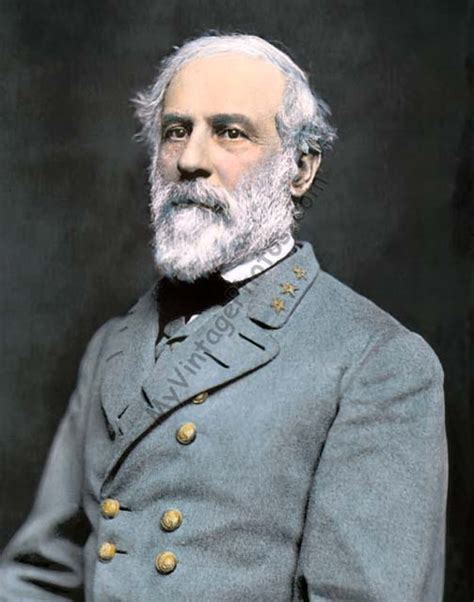A Quote by Robert E Lane
An ideology can be defined as a group of beliefs that individuals borrow; most people borrow an ideology by identifying with a social group ... with a body of sacred documents and heroes.
Quote Topics
Related Quotes
Whatseems to take place outside ideology (to be precise, in the street), in reality takes place in ideology. What really takes place in ideology seems therefore to take place outside it. That is why those who are in ideology believe themselves by definition outside ideology: one of the effects of ideology is the practical denegation of the ideological character of ideology by ideology: ideology never says, 'I am ideological.'
Every one of the constituent elements of a social group, in a modern city as in a savage tribe, is born immature, helpless, without language, beliefs, ideas, or social standards. Each individual, each unit who is the carrier of the life-experience of his group, in time passes away. Yet the life of the group goes on.
Every work of art (unless it is a psuedo-intellectualist work, a work already comprised in some ideology that it merely illustrates, as with Brecht) is outside ideology, is not reducible to ideology. Ideology circumscribes without penetrating it. The absence of ideology in a work does not mean an absence of ideas; on the contrary it fertilizes them.
How do we deal with not just the acts of violence, but the extremist ideology that lies behind them? Because though the numbers of fanatics that go and join and kill for a group like ISIS are measured in tens of thousands, those that support the wider ideology, I'm afraid, you measure in tens of millions or more.
Our civilization is locked in the grip of an ideology - corporatism. An ideology that denies and undermines the legitimacy of individuals as the citizen in a democracy. The particular imbalance of this ideology leads to a worship of self-interest and a denial of the public good. The practical effects on the individual are passivity and conformism in the areas that matter, and non-conformism in the areas that don't
ISIL's widespread reach through the Internet and social media is most concerning, as the group has proven dangerously competent at employing such tools for its nefarious strategy. ISIL uses high-quality, traditional media platforms as well as widespread social media campaigns to propagate its extremist ideology.
Facilitative attitudes (and skills) can help a therapist gain entry into the group Freedom from a desire to control the outcome, and respect for the capacity of the group, and skills in releasing individual expression Openness to all attitudes no matter how extreme or unrealistic they may seem Acceptance of the problems experienced by the group where they are clearly defined as issues Allowance of the freedom of choices in direction, either for the group or individuals particularly in the near future
Since the 1960s, we have seen the failure of the melting pot ideology. This ideology suggested that different historical, cultural and socioeconomic backgrounds could be subordinated to a larger ideology or social amalgam which is "America." This concept obviously did not work, because paradoxically America encourages a politics of contestation.
We are thus in the position of having to borrow from Europe to defend Europe, of having to borrow from China and Japan to defend Chinese and Japanese access to Gulf oil, and of having to borrow from Arab emirs, sultans and monarchs to make Iraq safe for democracy. We borrow from the nations we defend so that we may continue to defend them. To question this is an unpardonable heresy called 'isolationism.'
What's fascinating . . .is that you could now have a business that might have been selling for $10 billion where the business itself could probably not have borrowed even $100 million. But the owners of that business, because its public, could borrow many billions of dollars on their little pieces of paper- because they had these market valuations. But as a private business, the company itself couldn't borrow even 1/20th of what the individuals could borrow.
































